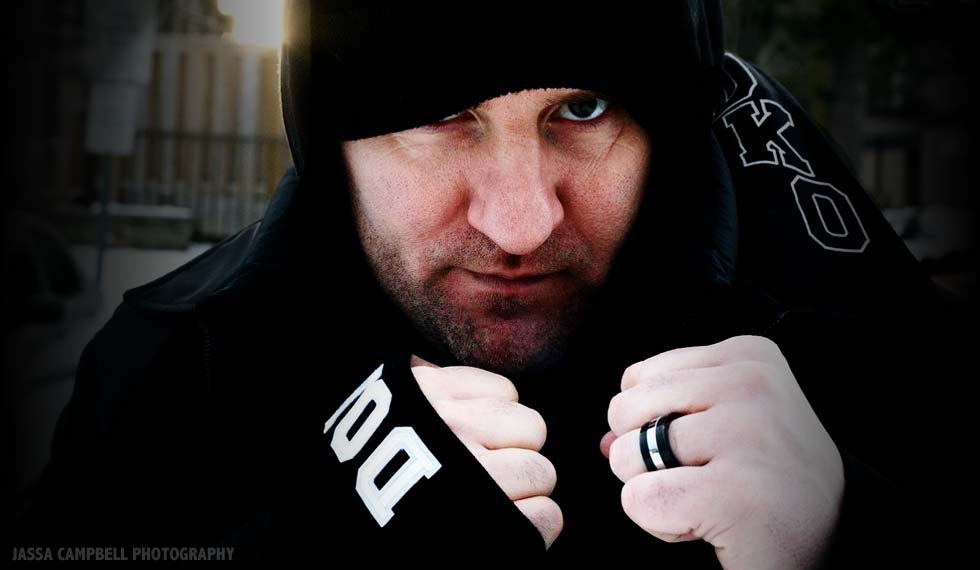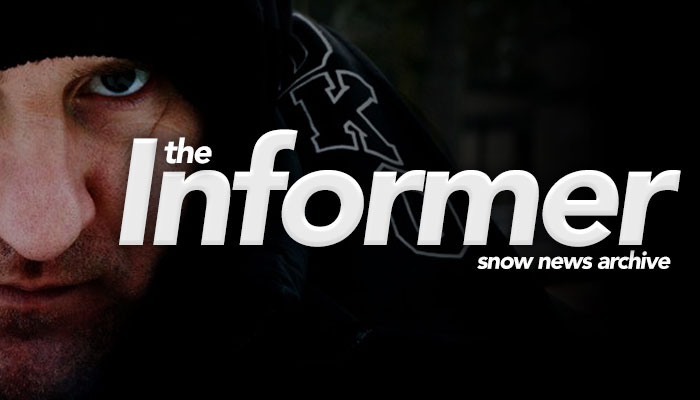Some six years after his Jamaican dancehall-derived single “Informer” topped charts around the world, Canadian artist Snow is putting the finishing touches on a reggae-based pop/rock album that he hopes will return him to the charts.
Even though the follow-ups to that 1993 breakthrough fizzled, Snow is intent on revitalizing his career and wats to let his detractors know that his much-publicized liquor-soaked, hell-raising days are behind him.
“I love [music] and hope I can now have a career at it,” says the soft-spoken Snow, married and with a 3-year-old daughter. “I used to have only one foot in the [music] industry. Now, I want to put two feet in. Eleven months ago, I quit drinking. I’ve realized I have to stay out of trouble and focus on music.”
In March, Snow (real name Darrin O’Brien) signed a deal with JVC Records of Japan, which will release an as-yet-untitled 13-song album in that country and the rest of Asia. Snow is looking to license the album elsewhere.
Recorded at Snow’s home studio, the tracks were produced and written by Snow with longtime New York-based collaborator M.C. Shan and Nashville-based producer/engineer Glenn Rosenstein.
Snow’s new manager, Paula Danylevich of Hype Music in Toronto, has been shopping the album to U.S. labels with a tape featuring three tracks. “Our intentionis to get another deal in the United States,” explains Snow. “if I come up with a good album, I think I can get signed again there.”
M.C. Shan, who produced and co-wrote “Informer,” notes that Snow’s early fans could find his new pop direction puzzling. “He’s still Snow and [the music] has the reggae touch, but we’ve gone into other [musical] areas as well,” he says.
“Informer,” from Snow’s 1993 debut album, “12 Inches Of Snow” (EastWest), stayed at No.1 on The Billboard Hot 100 for seven weeks and peaked at No.10 on Hot R&B Singles. According to SoundScan, the album has sold 1.3 million units in the U.S. According to Kim Cooke, senior VP of Warner Music Canada, Canadian sales of “12 Inches” have reached 295,000 units.
Snow, however, was unable to keep that momentum going. His career came to an unexpected stop when, citing his Canadian criminal record, U.S. border officials denied him entry to tour in 1994. Since then, Snow has been unable to enter the U.S. partly due to those hassles. Snow’s follow-up albums performed dismally, and he was eventually dropped by EastWest.
His 1995 set, “Murder Love” sold 57,000 units in the U.S., according to SoundScan, and ’97’s “Justuss,” only 13,000 units there. In Canada, they have sold 25,000 and 6,000 units, respectively, according to Cooke.
A conviction for assault and uttering death threats in an incident in’95 invilving two men at a Toronto restaurant did little to make U.S. officials reverse their opposition to Snow crossing the border. His U.S. travel status, however, may change later this month. Snow expexts to receive approval of an application for an I-192 waiver, which will allow him to finally enter the U.S.
“Not being able to go to the U.S. led to me to getting off track,” says Snow. “I did all this negative stuff in my life, and, despite the positive things happening with my career, [U.S. immigration officials] put a block around me by not letting me go there. My criminal record is only for a couple of bar fights. Not for [possession of] guns or drugs.” However, “Informer” was a first-person account of Snow being charged, wrongfully he says, with two counts of attempted murder in 1989. He spent a year in a Toronto detention center before the charges were reduced to aggravated assault.
Eventually, he was acquitted and freed. Snow’s entry into music came in 1992 while on vacation in Queens, N.Y. He met M.C. Shan, who produced a four-song demo and introduced him to Steve Salem and David Eng. The two signed Snow to their management/production company, Motor Jam Records, licensing him to EastWest Records.
Shortly after the sessions took place, however, Snow began serving an eight-month sentence in a Toronto correction facility on another assault charge. He heard “Informer” on the radio for the first time and watched the first broadcast of it’s video on Canadian music TV channel MuchMusic from the jail’s lounge.
“The first time we did press with him, we took him out of jail,” recalls Steve Waxman, press and publicity manager for Warner Music Canada. “Before his first interview at MuchMusic, he was so nervous that he couldn’t eat anything beforehand; six weeks later, after leaving jail, he was joking with Arsenio Hall. When he returned to Toronto, he was cockier, but he was always very cooperative to work with.”
Snow’s interviews from the “Informer” period, however, played up his bad-boy persona. “After jail, I didn’t know how to deal with people,” he confesses. “I was drinking and then being stupid in interviews.”
Snow grew up in the Allenbury projects in Toronto’s Scarborough suburb, and his childhood reflected Toronto’s growing cultural diversity (30 years ago, only 3% of Toronto’s population was composed of non-whites; today, it’s one person in four).
“I grew up first listening to Kiss and Ozzy Osbourne,” he recalls. “When more blacks moved into the neighbourhood, I started getting into reggae at 14. If I [had] lived in New York, I wouldn’t have started performing [reggae] music. New York is so segregated that people don’t interact. In [Scarborough] there’s whites here, a Chinese guy in this corner, and a black guy over here. You [hear] all different musics.


